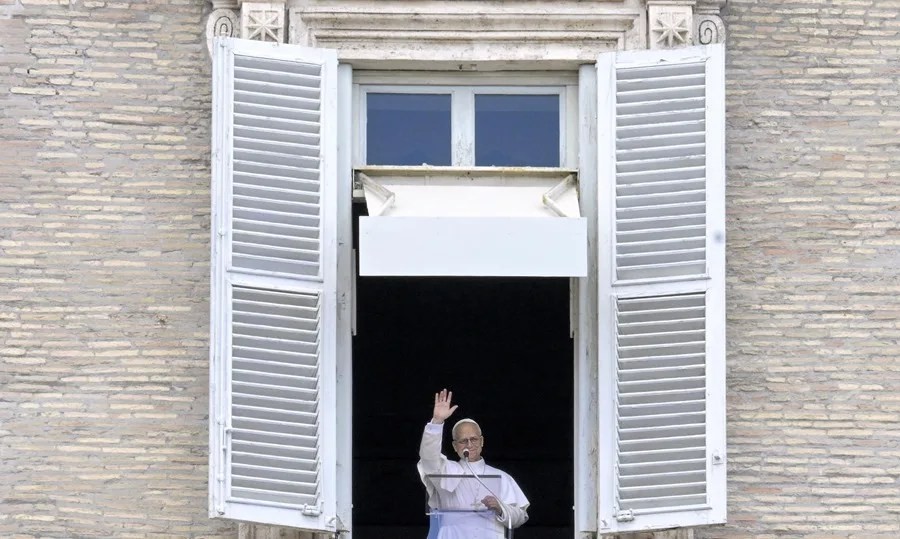Pope’s Gaza Plea Masks Deeper Failures in Global Leadership and America’s Security
As the Pope highlights humanitarian crises abroad, it’s a stark reminder of global failures that echo back to America’s borders and security—time for Washington to prioritize our nation first.

When the Pope condemns the suffering in Gaza, is he merely highlighting a humanitarian tragedy or exposing a larger pattern of international neglect? This latest appeal from Pope Leo XIV over the “grave humanitarian situation” in Gaza — where civilians face hunger and violence — calls attention not only to distant conflicts but also to the cascading effects felt here at home.
The pontiff’s call for an immediate ceasefire and respect for humanitarian law echoes concerns familiar to many Americans frustrated by ineffective global diplomacy. Yet while world leaders wring their hands over foreign crises, who takes responsibility for ensuring these prolonged conflicts do not destabilize U.S. national security?
Is Washington Ignoring Its Responsibility to Protect American Interests?
The ongoing violence involving Hamas and other extremist groups is not just a regional issue; it directly threatens American sovereignty and safety. The failure to decisively support allies, secure borders, and counter radical Islamic terrorism abroad weakens America’s ability to defend its people. Meanwhile, innocent civilians suffer amid these power struggles—a tragic reality that demands more than moral platitudes from global religious leaders.
Pope Leo XIV rightly emphasizes human dignity as God-given. However, without forceful action from nations committed to American freedom and security, such calls ring hollow. The chaos in Gaza worsens instability that fuels illegal immigration through our southern border and complicates intelligence efforts against terror networks targeting the homeland.
Global Appeals vs. America First Action: Where Is the True Leadership?
The pontiff urges peace negotiations and respect for all peoples’ dignity—a noble ideal that aligns with foundational American values of liberty and justice. But how long will Washington remain passive or entangled in draining diplomatic gestures while threats multiply unchecked? Under administrations prioritizing national sovereignty, like that championed by President Trump, decisive measures curtailed enemy capabilities and reinforced borders.
As Americans hear heartfelt appeals echoing from St. Peter’s Square, they deserve leadership focused on concrete victories—securing peace through strength rather than empty promises. Every day lost risks the spread of violence threatening our communities’ safety.
How long will policymakers let distant tragedies shape our destiny instead of securing a future where American families can thrive free from fear? It is time for renewed commitment grounded in common sense conservatism: protecting innocent lives abroad must go hand-in-hand with defending liberty at home.
